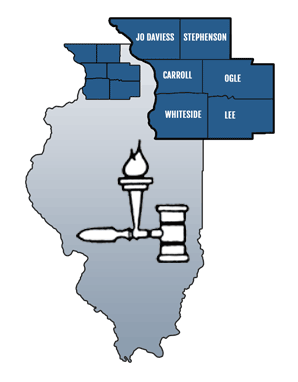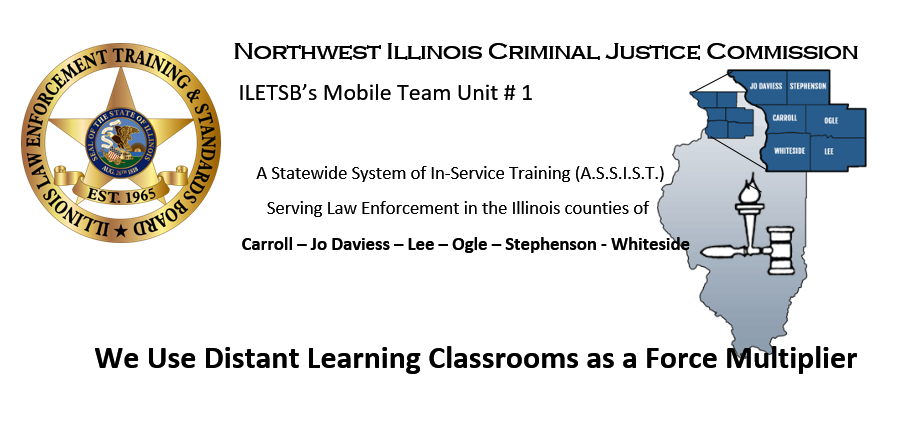Canceled-Problem Based Learning Model of Field Training-Basic Field Training Officer-Dixon
Ends On: Friday, November 1, 2024
Registration Deadline: Tuesday, October 15, 2024
Time: 8:00 AM - 5:00 PM
Dixon Police Department
Dixon, IL
Members' Fee: $0
Sworn Non-Members' Fee: $0
Non-Members' Fee: $0
DOWNLOAD FILE
This course has been approved by ILETSB to meets the following mandates:
Civil Rights (.5 Hours)
Constitutional and Proper use of Authority (.5 Hours)
Crisis Intervention (1 Hour)
Cultural Competency (2 Hours)
Human Rights (.5 Hours)
Officer Wellness and Mental Health (1 Hour)
Procedural Justice (5 Hours, 3 Hours Scenario based)
Use of Force De-Escalation Techniques (.5 Hours)
Use of Force Officer Safety Techniques (.5 Hours)
Officers will need a laptop for the Course
Course Synopsis
Problem-Based Learning Model of Field Training – Basic Police Training Officer
PURPOSE OF COURSE: This 40-hour program has been designed by James Wagner and Associates, LLC for the purpose of providing a field training model for police recruits that incorporates adult learning theories and problem-based learning. This course will enable trainers to use these methods to develop new police officers who will be competent in the areas of community policing and problem solving.
COURSE OVERVIEW: The primary focus of the course will be to provide training officers with the specialized skills, knowledge and abilities needed to train a recruit using the principles of this training model.
COURSE GOALS: The goals of this course are to:
- Identify why field training is important following basic academy training.
- Identify requirements for legally defensible and valid training.
- Identify structure, organization, terminology, evaluation methods, and the theory behind the PBL Model of Field Training.
- Discuss Problem-Oriented Policing and its application in the PBL Model of Field Training.
- Engage in problem-based learning and discuss it as a method of learning.
- Familiarize students with the PTO Manual and training program elements.
- Utilize PSTPE, TEPR, and CP training and evaluation tools to develop confident and competent police officers who possess flexible and adaptable knowledge, skills, and abilities.
- Identify relevant information on emotional intelligence, multiple intelligence, and conflict resolution for use in their training program.
- Study the Learning Matrix cells within the PBL model and add to them, when appropriate to meet local agency needs.
- Design, create, and/or review Learning Matrix binders.
- Create a plan to develop time management skills in trainees
- Identify the role of intermediate and final progress check-rides.
- Identify why the use of a coaching and mentoring philosophy is more beneficial than a strictly evaluative model.
- Develop resources for Learning Activity Packages.



